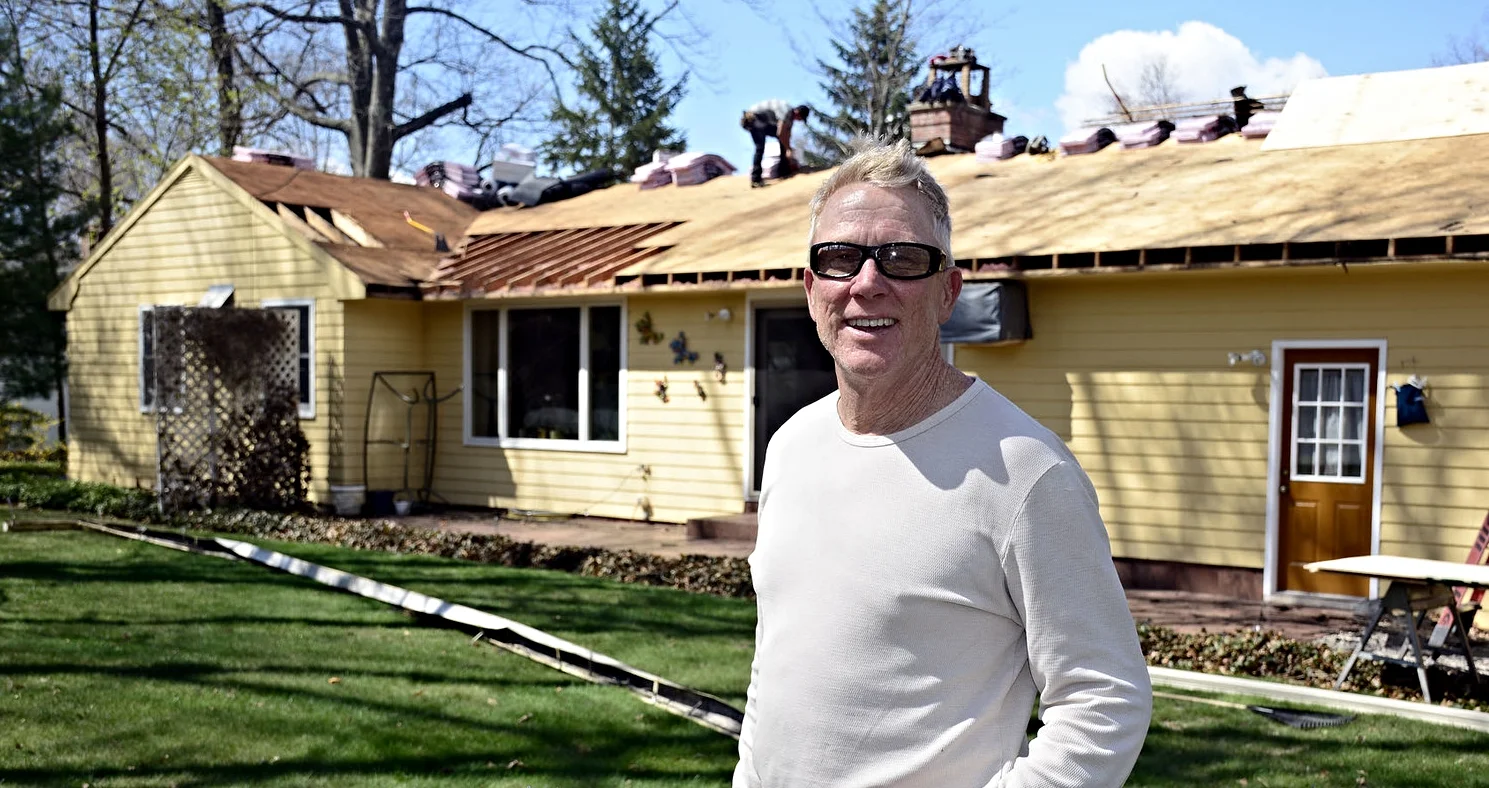Keeping Your Basement Dry in Winter
Chelsea O'Donnell
During times of heavy snowfall and standing snow, homeowners often find themselves facing the challenge of keeping their basements dry. Snow, with its tendency to melt and seep into the ground, can pose a significant threat to the lower levels of a house. So how can you maintain a dry basement during the winter months, ensuring a comfortable and moisture-free living space? Here are six tips.
Exterior Maintenance:
The first line of defense against a damp basement is proper exterior maintenance. Begin by inspecting your home's foundation for cracks and gaps that may allow water infiltration. Seal any visible cracks with a waterproof sealant to prevent melted snow from finding its way into your basement. Additionally, make sure that the grading around your home slopes away from the foundation, directing water away rather than towards it.
Snow Removal:
Efficient snow removal is crucial in preventing water from seeping into your basement. Regularly clear snow away from the foundation and window wells to minimize the risk of water accumulation. This proactive approach helps maintain a dry basement by preventing the formation of ice dams, which can trap melted snow and lead to leaks.
Gutter Maintenance:
Clean and well-functioning gutters are essential in diverting water away from your home. Ensure that gutters are free of debris and ice dams, allowing melted snow to flow freely. Consider installing gutter guards to prevent clogs and minimize the need for frequent maintenance. Downspouts should extend several feet away from the foundation to direct water away from the house.
Interior Waterproofing:
Investing in interior waterproofing measures can provide an additional layer of protection against basement moisture. Apply waterproof paint or sealant to the interior walls and floors to create a barrier that prevents water from penetrating. In areas prone to high humidity, consider using a dehumidifier to maintain optimal moisture levels.
Insulation:
Proper insulation is not only beneficial for energy efficiency but also plays a key role in keeping your basement dry. Insulate walls and pipes to prevent condensation and freezing, which can lead to leaks and water damage. A well-insulated basement is better equipped to withstand temperature fluctuations, reducing the risk of moisture-related issues.
Sump Pump Maintenance:
If your basement is equipped with a sump pump, ensure it is in good working condition. Regularly test the pump and clean the sump pit to prevent clogs. In the event of heavy snowfall and potential flooding, a functional sump pump can efficiently remove excess water and protect your basement from damage.
By implementing these proactive measures, homeowners can safeguard their basements against the challenges posed by winter snow. Take the time to assess your home's vulnerabilities and invest in prevention to enjoy future worry-free winter seasons without the threat of a damp basement.
Bob O’Donnell is the owner of O’Donnell Bros. Inc., a Bristol-based home improvement company established in 1975. Email your questions to info@odonnellbros.com with the subject line “Ask the Pro.” All questions may be considered for publication. To contact Bob for your remodeling needs, call O’Donnell Bros. Inc. at (860) 589-5155 or visit http://www.odonnellbros.com. Advice is for guidance only.
